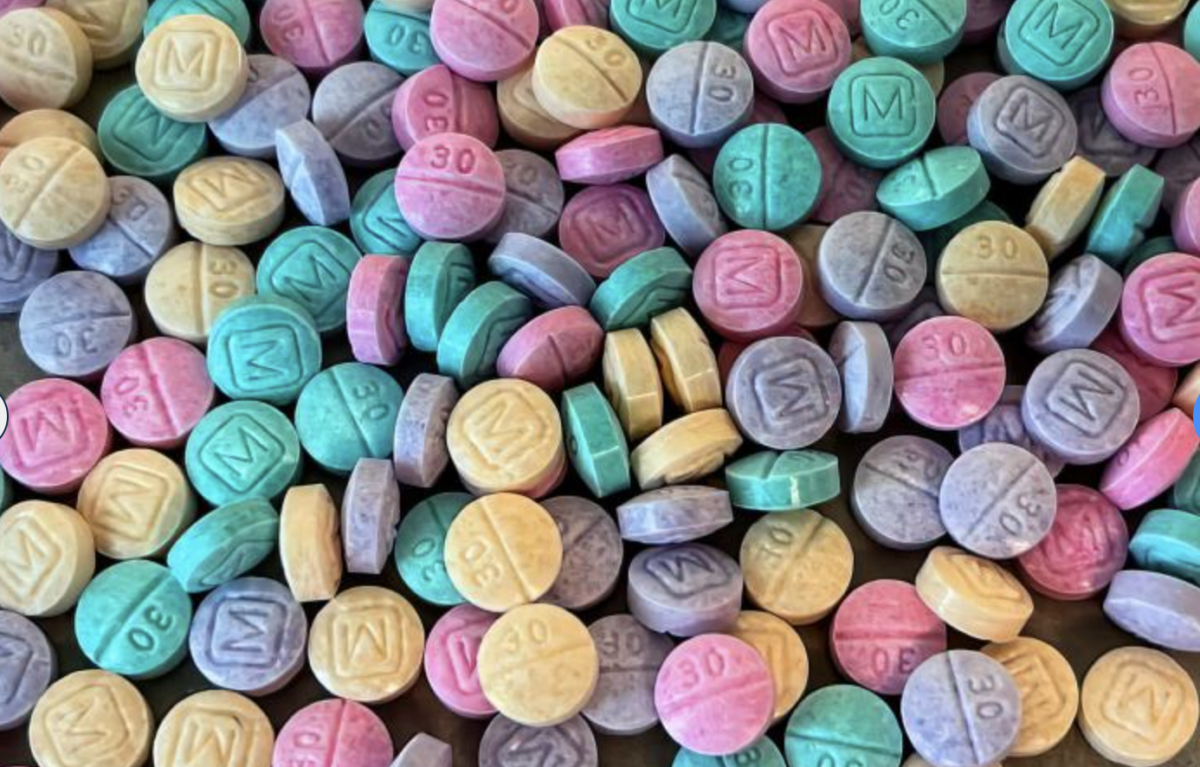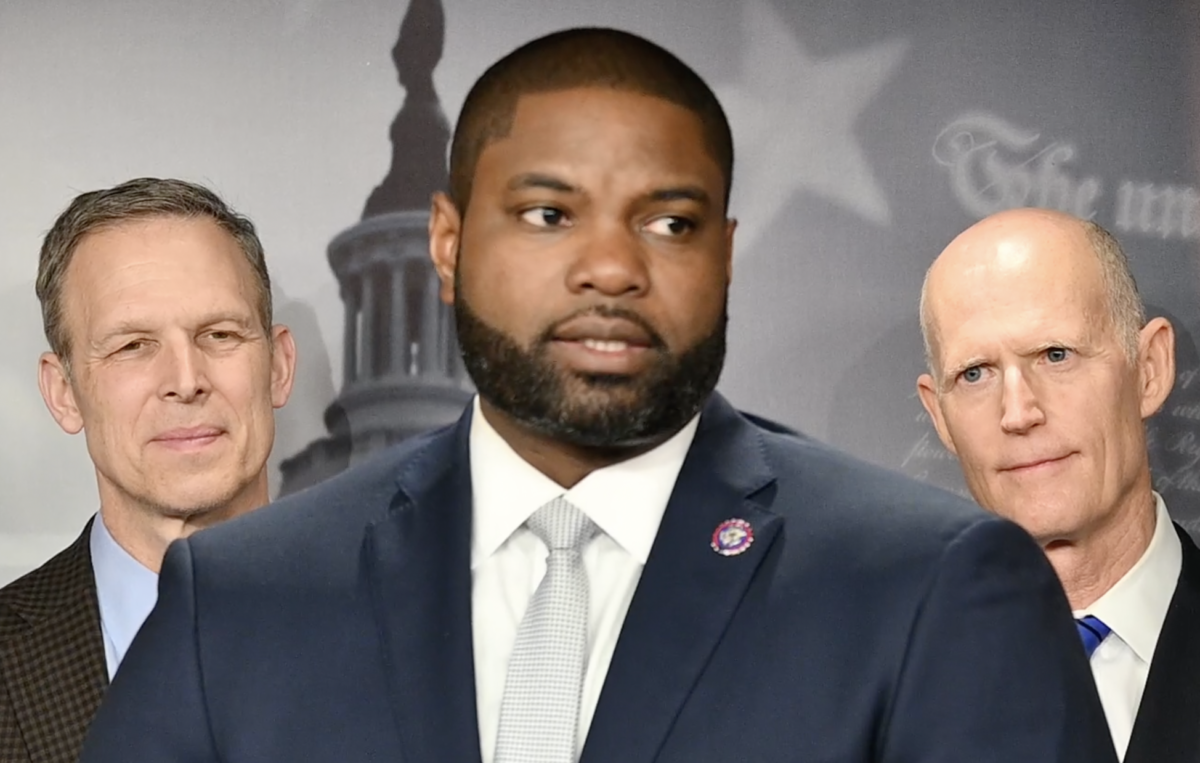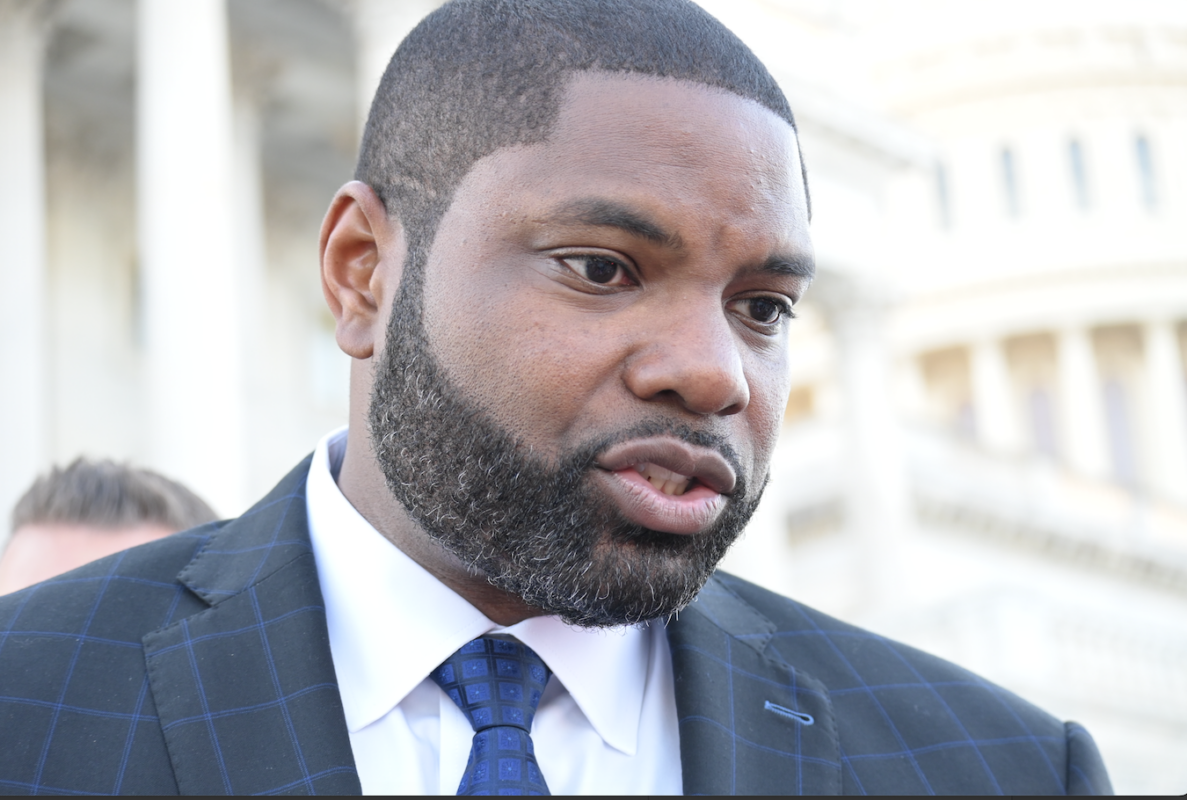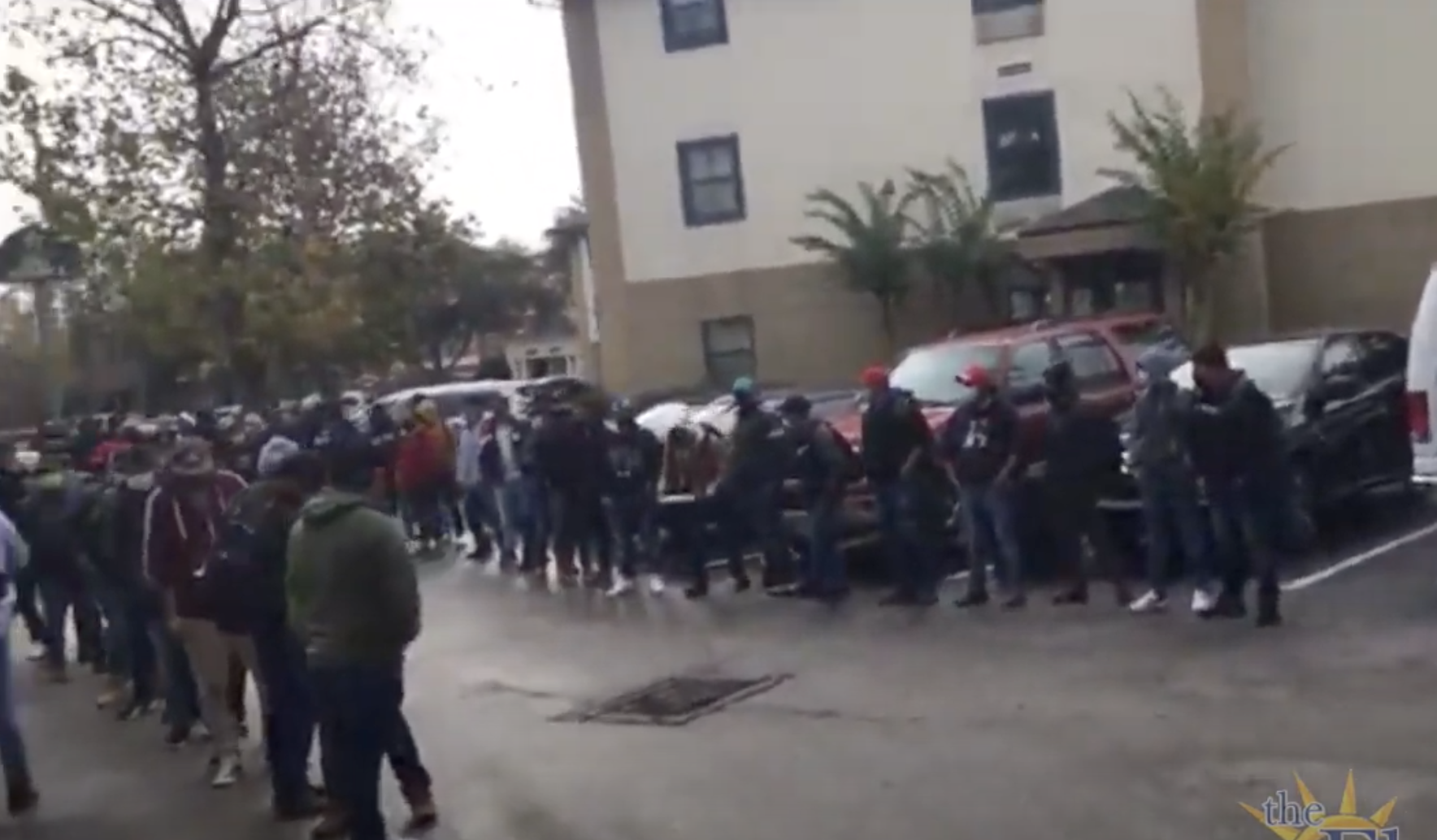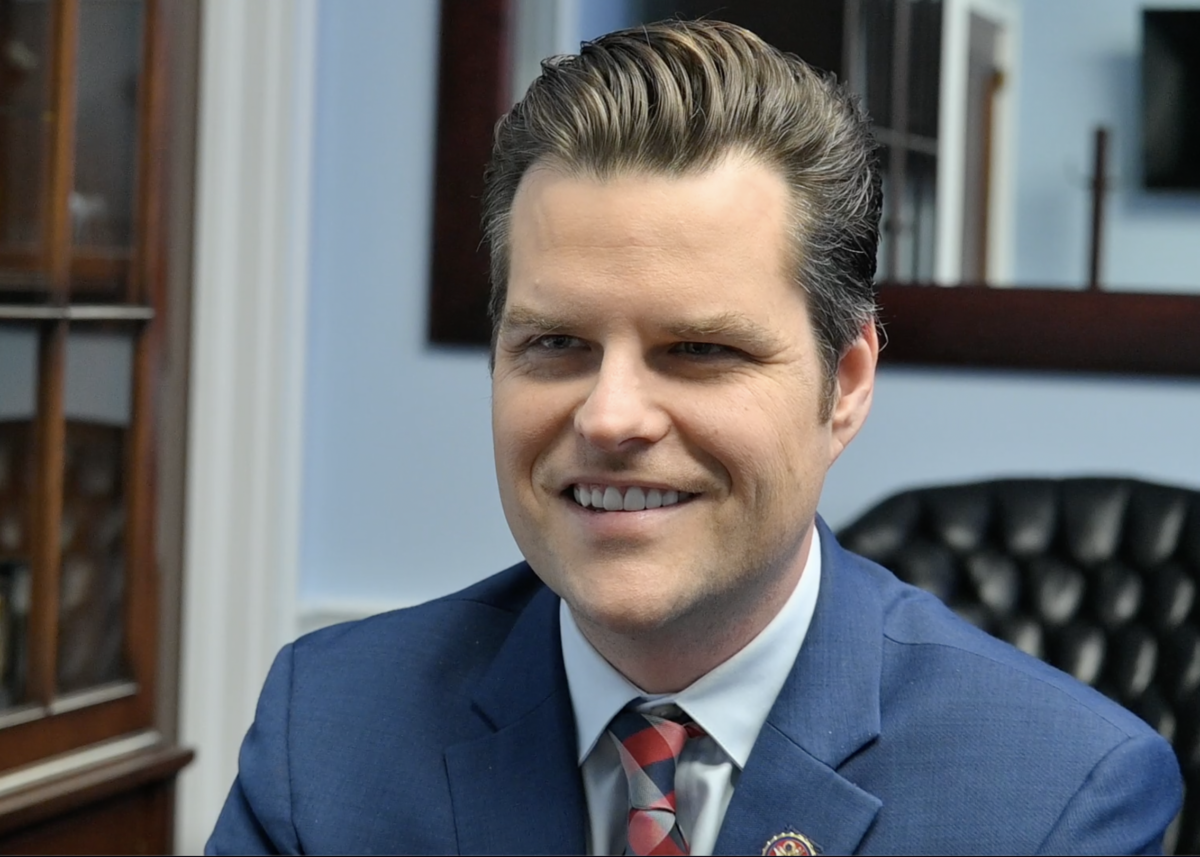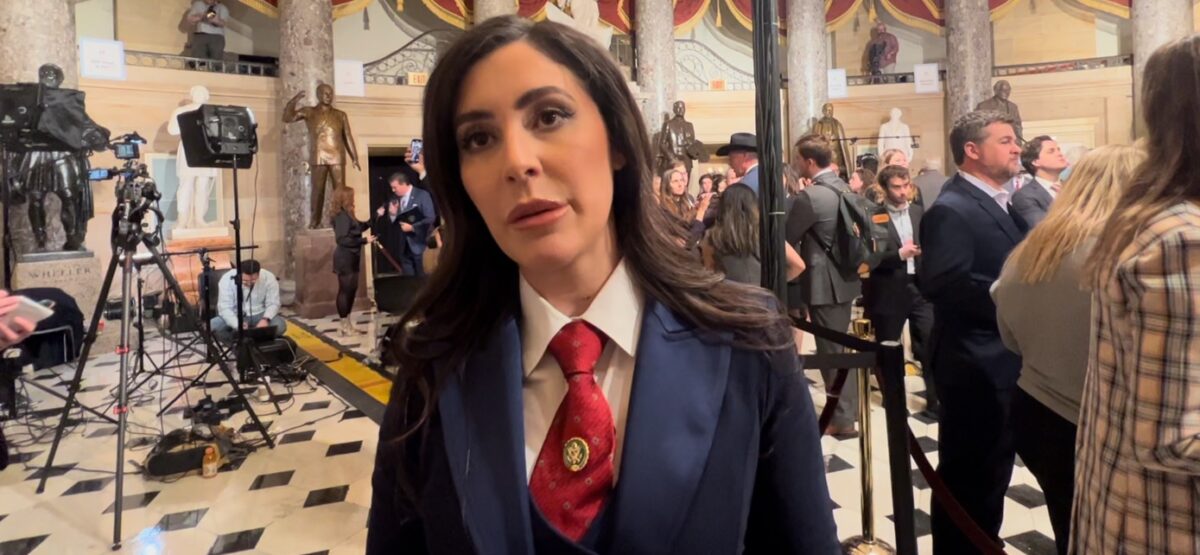SANFORD, FL—Governor Ron DeSantis signed two fentanyl bills into law Monday morning, creating a second-degree felony for individuals who expose first responders to fentanyl, designating June 6th as Revival Awareness Day, and expanding a fentanyl-recovery program to a total of 29 Florida counties.
"We have massive amounts of fentanyl pouring into the country from the U.S.-Mexico border, and this fentanyl ends up in communities from coast to coast," DeSantis said at a Monday press conference in Sanford. "It is incredibly, incredibly deadly...You have over 100,000 Americans every year dying because of these drug overdoses fueled by the fentanyl crisis."
Since 2012, a quarter million people have died from fentanyl—a synthetic opiate. The number of fentanyl-related deaths in 2022 more than doubled the amount in 2019 in the United States, and since 2016, more people have died from fentanyl than from prescription opioids.
DeSantis first signed SB 718, which creates a second-degree felony for people who "knowingly or recklessly" expose a first responder to fentanyl, causing that responder to suffer an overdose or other "bodily harm."
"This is a huge scourge, and this is a huge epidemic," DeSantis said, before delving into Florida's 2022 Coordinated Opioid Recovery (CORE) program. The initiative currently exists in 12 counties most impacted by fentanyl abuse. It is aimed at stopping the "revolving door of addiction and overdose by providing individuals with the tools and resources to choose another path forward to sustainable recovery."
Monday morning, DeSantis announced that the CORE network will be expanded to 17 other counties—totaling 29 counties for assisting opioid addicts.
DeSantis also signed SB 66, officially designating June 6th as Revive Awareness Day to bring more attention to the rising fentanyl crisis.
Also known as Victoria's Law, the bill was brought about after the parents of 18-year-old Victoria—who died from fentanyl—pushed for awareness of the dangers of fentanyl, fentanyl lacing, and the importance of Naloxone—the only agent known to stop a fentanyl overdose.



